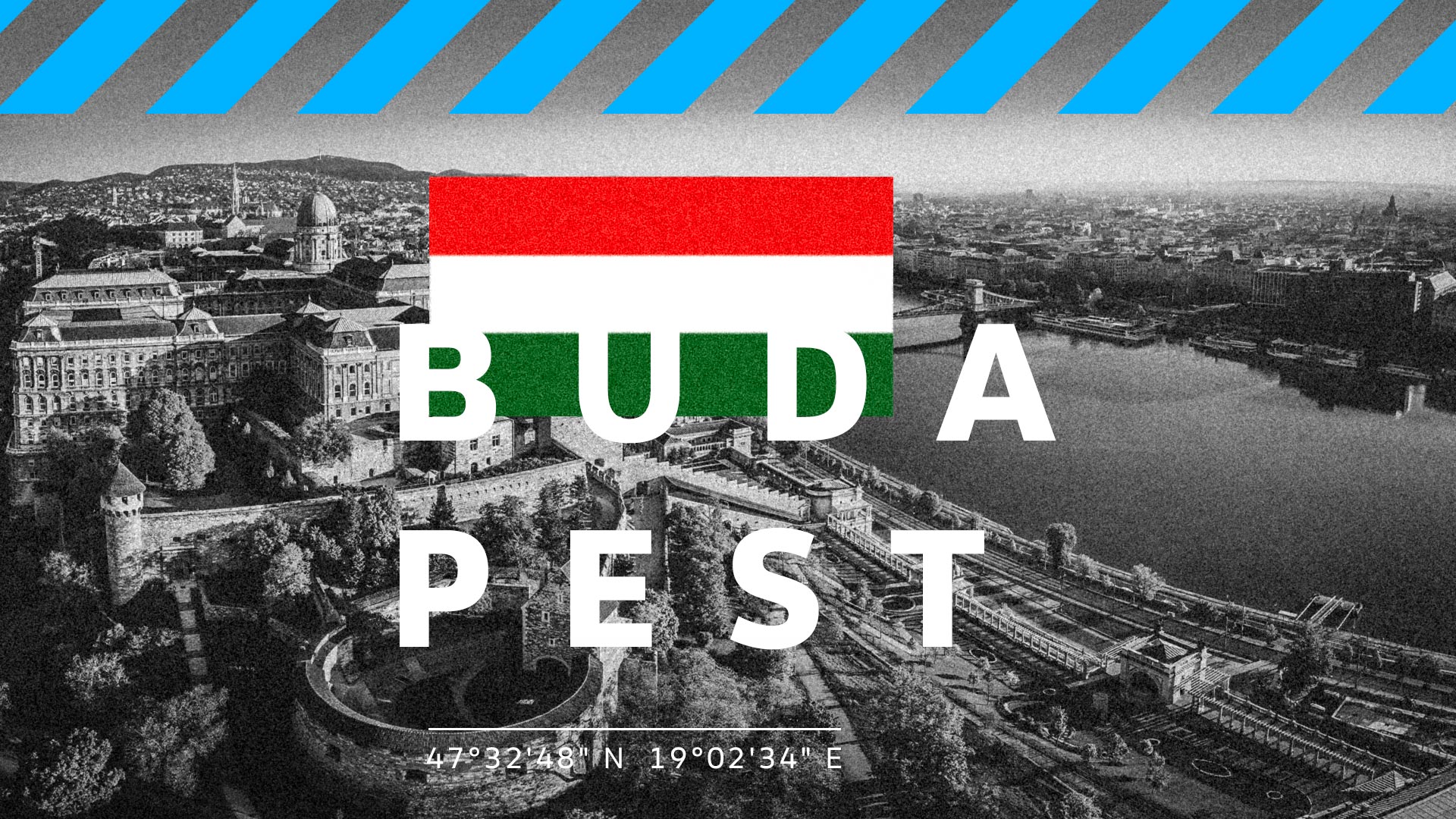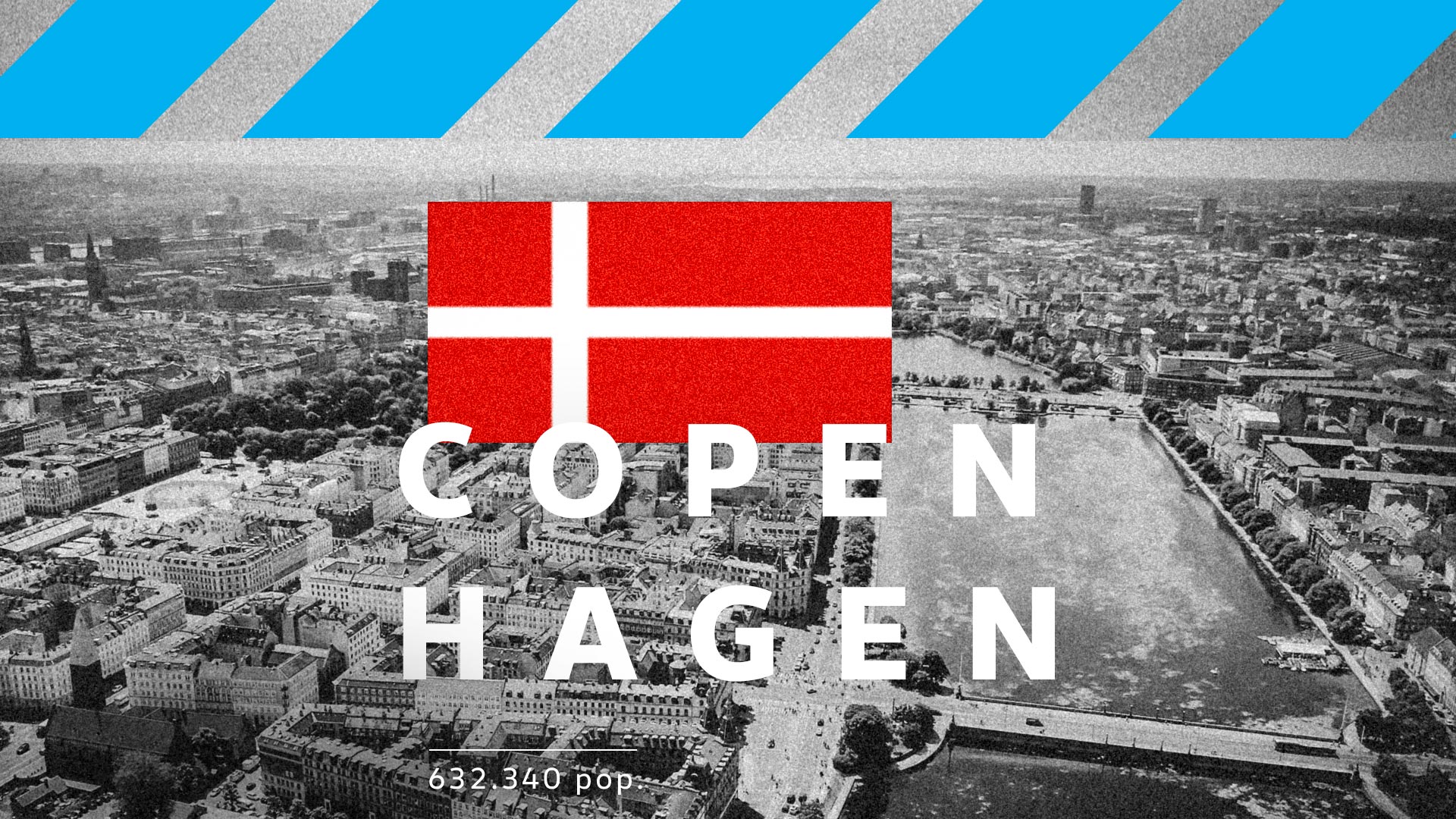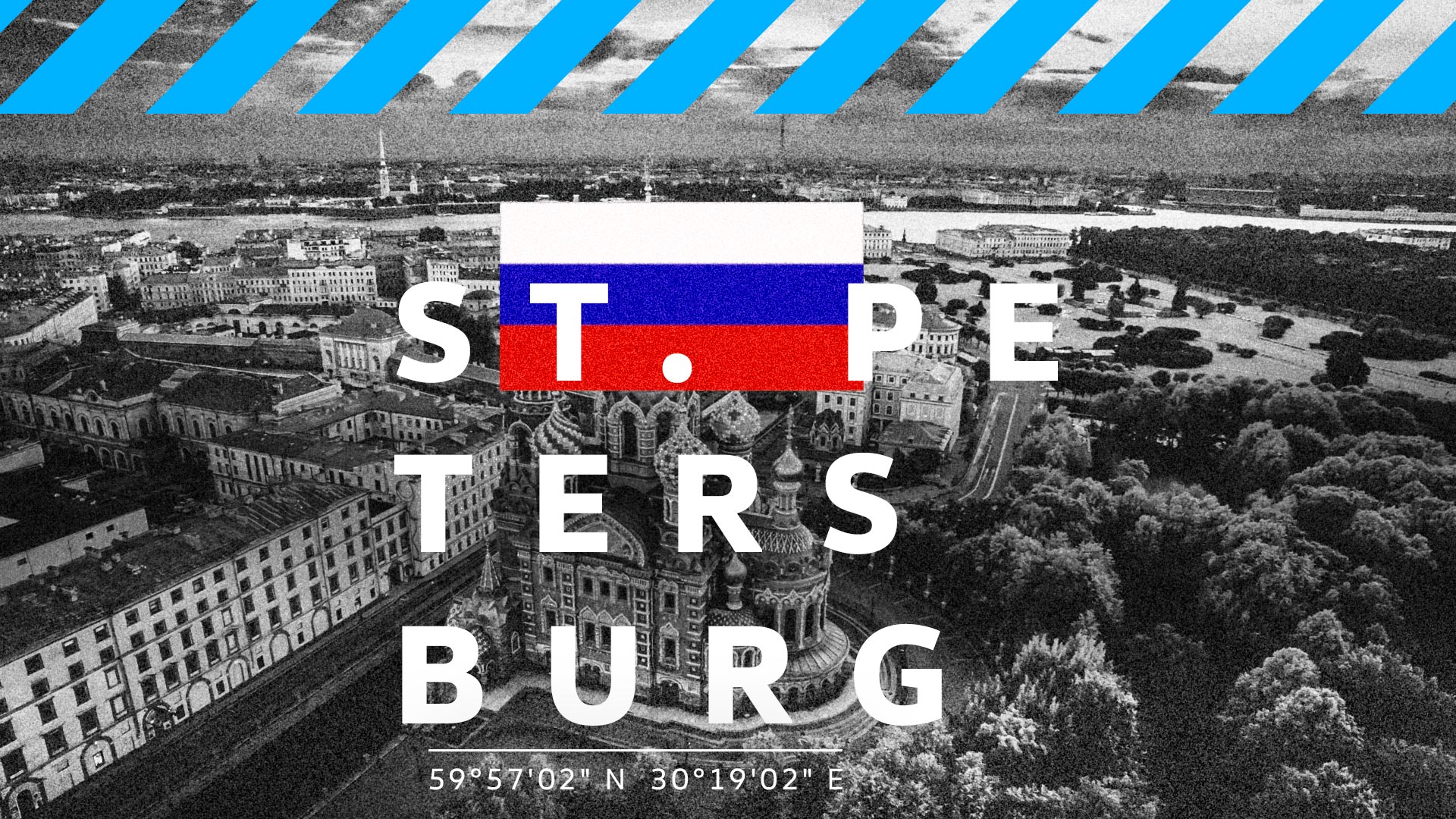UEFA EURO 2020TM:
Bucharest – heated derbies and a traditional club split in two
This is our local Alex
Round of 16
June 28
France – Switzerland
It was the last UEFA EURO 2020™ matchday for Alex and Bucharest. Our local visited the coach of the ProSport U16 team, who won the Romanian championship in their age group. After that, he spoke to coach Irina Giurgiu, the first Romanian woman to get the UEFA Pro Licence, about her work.
Finally, Alex visited the National Arena for the last time. There, he witnessed an intense drama, with Switzerland beating world champions France after a thrilling penalty shootout.
- 1.
ID.4 - combined power consumption in kWh/100 km: 17,5-15,5; combined CO2 emissions in g/km: 0; efficiency class A+++. Displayed vehicle shows optional equipment.
- 1.
ID.4 - combined power consumption in kWh/100 km: 17,5-15,5; combined CO2 emissions in g/km: 0; efficiency class A+++. Displayed vehicle shows optional equipment.
- 1.
ID.4 - combined power consumption in kWh/100 km: 17,5-15,5; combined CO2 emissions in g/km: 0; efficiency class A+++. Displayed vehicle shows optional equipment.
Matchday 3
June 21
Ukraine – Austria
An action-packed day for Alex in Bucharest. First he visited the ProSport Academy. He talked with the young players about their training and their dreams of making it big with football. After that Alex went to the National Arena for the match between Ukraine and Austria, and brought us some impressive shots of the stadium again.
Matchday 2
June 17
Ukraine – North Macedonia
The day in Bucharest was mainly characterized by surprises. Who would have thought that Alex would invite us to such an exciting game? We are thrilled and look forward to more exciting days in Bucharest!
Matchday 1
June 13
Austria – North Macedonia
What a journey!
Alex takes us on a brief personal journey through time on his first matchday in Bucharest. Digging deep into his past photos, he shares some of his spectacular football shots and shows us his connection to football and his passion for the beautiful game.
An exciting first trip to Bucharest, capped off with an incredible stadium setting.
Bucharest and the UEFA EURO 2020TM
Construction of the National Arena began on the site of the old national stadium in 2008, and it was opened in September 2011. The Europa League final was held in Bucharest just eight months later. A special feature of the stadium its retractable tent roof modelled on the arena in Frankfurt. The roof can be closed in just 15 minutes.
The National Arena was modified again for the European championship; it usually seats 65,000 spectators. According to current plans, 13,000 fans, or roughly 25 percent of the stadium capacity, will be able to watch the UEFA EURO 2020TM live. Three Group C matches will be played in Bucharest, plus a round of 16 match.
Bucharest and football
For many years the football situation in Romania’s capital was straightforward: Steaua Bucharest and no-one else. The club was the undisputed pinnacle of Romanian football, outpacing all in league and cup titles. In the late 1980s, the team went undefeated for three years and 104 league games. The epic run was crowned by winning the European Champion Clubs’ Cup in 1986, when they defeated the highly-favoured FC Barcelona on penalties.
Steaua fought heated derbies with their biggest rivals Dinamo Bucharest for decades, with Rapid Bucharest also playing a major role in the capital. Then, in 2014, Romanian football was turned on its head: Founded as the army club in 1947, after the end of communism Steaua had become the property of controversial businessman and ex-con George Becali. In December 2014, the country’s supreme court ruled that Steaua could no longer use its name, logo and club colours. The Romanian Ministry of Defence had sued because Steaua was no longer subordinate to the army, but privately owned by Becali.
The first match after the ruling was a curious affair: instead of Steaua, the scoreboard read “host,” and displayed an empty rectangle instead of its logo. The team also played in plain yellow jerseys. Steaua appealed and were allowed to continue playing with the old name and logo for a few more years, but in March 2017 the court finally confirmed its decision. Since then, the club has officially been called Fotbal Club Steaua București, or FCSB for short – with a new logo and new club colours. The club was able to retain the name Steaua (star) in court, as other companies not affiliated with the army are also allowed to use the word “star.”
In retaliation, the army founded its own club, which plays in the original club colours. CSA Steaua Bucharest started in Romania’s fourth division in 2017 and was promoted to the third division in 2020. In the long run, the club wants to return to the first division and re-shuffle the balance of power. As they do so, they can count on the support of the ultras, who have thrown in their lot with the army club in the aftermath of the court ruling.
Are you ready for adventures too? Just drive to Europe's biggest football cities yourself! With the all-electric ID.4 from Volkswagen.
The city’s greatest football moment
The derby between Steaua Bucharest and Dinamo Bucharest is always a heated match. The fan camps of both clubs despise each other, and matches are often overshadowed by riots. But when the two clubs face each other in a cup final, things get particularly spicy. The country’s two biggest clubs had met in finals before, but the 1990 final was a particularly memorable one. In the old, now demolished national stadium, the 30,000 fans saw one of the most spectacular cup finals in European football history. After 90 minutes Dinamo had beaten rivals Steaua 6-4.
The man of the match was Florin Răducioiu, who scored three goals. After the final the striker moved to Italy and subsequently made a career across Europe. Apart from the Dane Christian Poulsen, he is the only professional to have played in all five of the biggest leagues in Europe (England, Spain, Italy, Germany, France).









